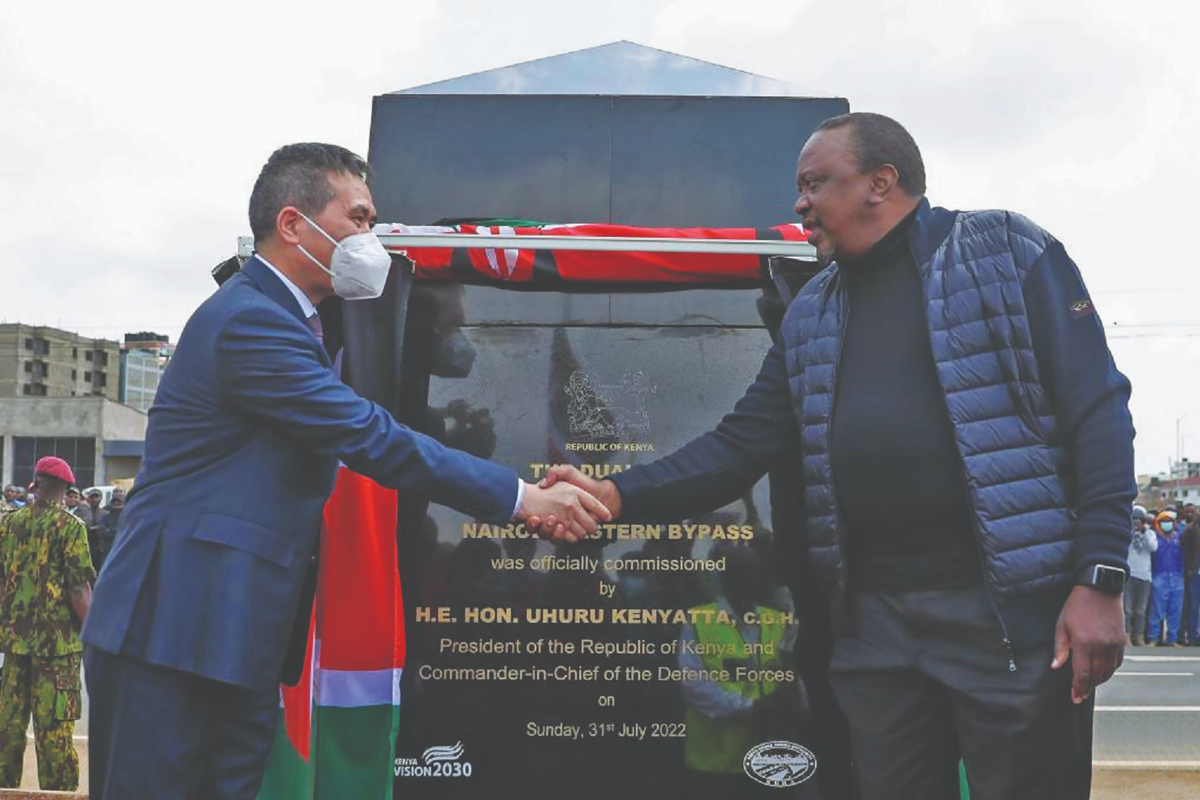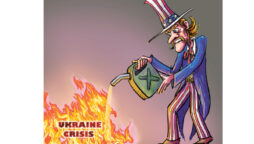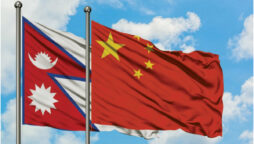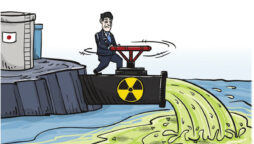
Global powers scramble for Africa
China becomes the largest investor and trading partner
As always Africa’s fortune depends on a lot of factors, especially a lot of outside factors. Until World War II, the entire continent was carved up by world powers. It was a hotbed of exploitation and discrimination. Seven decades later, the world powers are back, Russia, the US and China.
Last month, Russian Foreign Minister Sergey Lavrov visited the continent. He travelled to Egypt, Ethiopia, Uganda and Congo. Lavrov’s visit had two objectives; one was to show that his country still has allies, many African countries have refused to condemn Russia’s war in Ukraine. Lavrov’s visit was supposed to reaffirm those ties and the other was to control Africa’s resources, both human and natural resources.
Africa is home to 30 per cent of global mineral reserves. It is also an emerging market for foreign products. Russia wants a chunk of both now. Lavrov’s visit was back in July, two weeks later the US dispatched its Secretary of State, Anthony Blinken.
He landed in South Africa and kicked off his visit with this promise, “States will not dictate Africa’s choices neither should anyone else. The right to make these choices belongs to Africans and Africans alone. Thank you.”
Sounds like a good line, one of those statements that history books tend to like but beyond that does it signify anything? The whole point of his visit was to build up US influence. He may not be saying that but Blinken’s message was quite clear, do not pick Russia or China. Was that not dictating choices? Why else did Blinken rush to Africa immediately after Lavrov. If we keep romanticism aside and focus on the power play, Blinken’s visit schedule is politically significant. His first stop was South Africa where the government has traditionally been neutral to global conflicts. In Ukraine too, they have not picked a side.
At the same time, South Africa is key to the continent’s future because it is politically stable and it is the second largest African economy. So, good ties with South Africa are high on America’s agenda. Blinken’s second stop was the Congo, one of the most richly endowed African countries. It has deposits of diamond, gold, copper, cobalt, tin and lithium, all crucial minerals. The US is hoping to gain access to these deposits or if they can’t access them at least keep Russia and China out.
The final stop was Rwanda, an important ally of the United States. It is also involved in a conflict in Eastern Congo. On paper, the US is well placed to build ties in Africa; they have deep pockets, they have the military infrastructure and also they have no colonial past in Africa. So, why exactly have they not performed well? It’s because of poor leadership.
Former US president, Barack Obama was supposed to transform America’s Africa policy. After all, he was the first African-American President of the US. His father was a Kenyan government official, but like most of Obama’s policies, it was a failure: all talk no action. Donald Trump was a step further, he insulted African countries in fact. Trump never visited a single African country as US president, zero visits in four years to Africa, and during this time Russia and China were busy in Africa. Russia built military ties with Africa and China built economic ties.
If we start with Russia, their mercenaries are fighting in multiple African wars; in Mali, in the Central African Republic and in Libya. They also buy a lot of Russian weapons, almost 49 per cent of Africa’s military imports come from Russia; this includes, tanks, fighter jets, helicopters and guns, basically all sorts of weapons.
This defence trade has given Russia diplomatic clout in Africa. For example, in the month of March, the United Nations passed a resolution condemning Russia’s War, 35 countries abstained from voting, out of these 15 countries were from Africa. In other words, they are not willing to hurt Russia’s sentiments.
Now, coming to China, in 2009 it overtook the US to become Africa’s largest trading partner. China’s total trade with African countries is almost $254 billion. China is also the largest investor in the last five years, it has pumped $70 billion into Africa. This money is spread across 287 projects.
The US, as always despite accepting its failure, accused that most of these projects are white elephants, they’re designed to push Africa into a debt trap but then again what option do these countries have? It’s either poverty or that debt. Poverty is definitely not a good choice to make.
So, compared to Russia and China, America is playing catch-up. The question is how fast can they close the gap? A lot depends on Joe Biden’s strategy, if he’s serious about Africa, he needs a broader plan. He needs to get all Western partners on the same page; France, for example. Yes, they are a former colonial power but France has considerable clout in the continent.
Secondly, he needs to loosen his birth strings, which means that his policies and action should not be restricted to buying Africa’s support only, it should be making genuine investments in Africa.
All of this will take time, it won’t happen with one visit by Anthony Blinken, it will take a long-term plan with serious political capital.
Catch all the Breaking News Event and Latest News Updates on The BOL News
Download The BOL News App to get the Daily News Update & Live News.










 Read the complete story text.
Read the complete story text. Listen to audio of the story.
Listen to audio of the story.